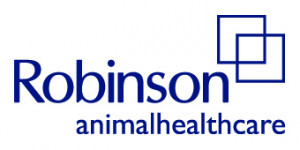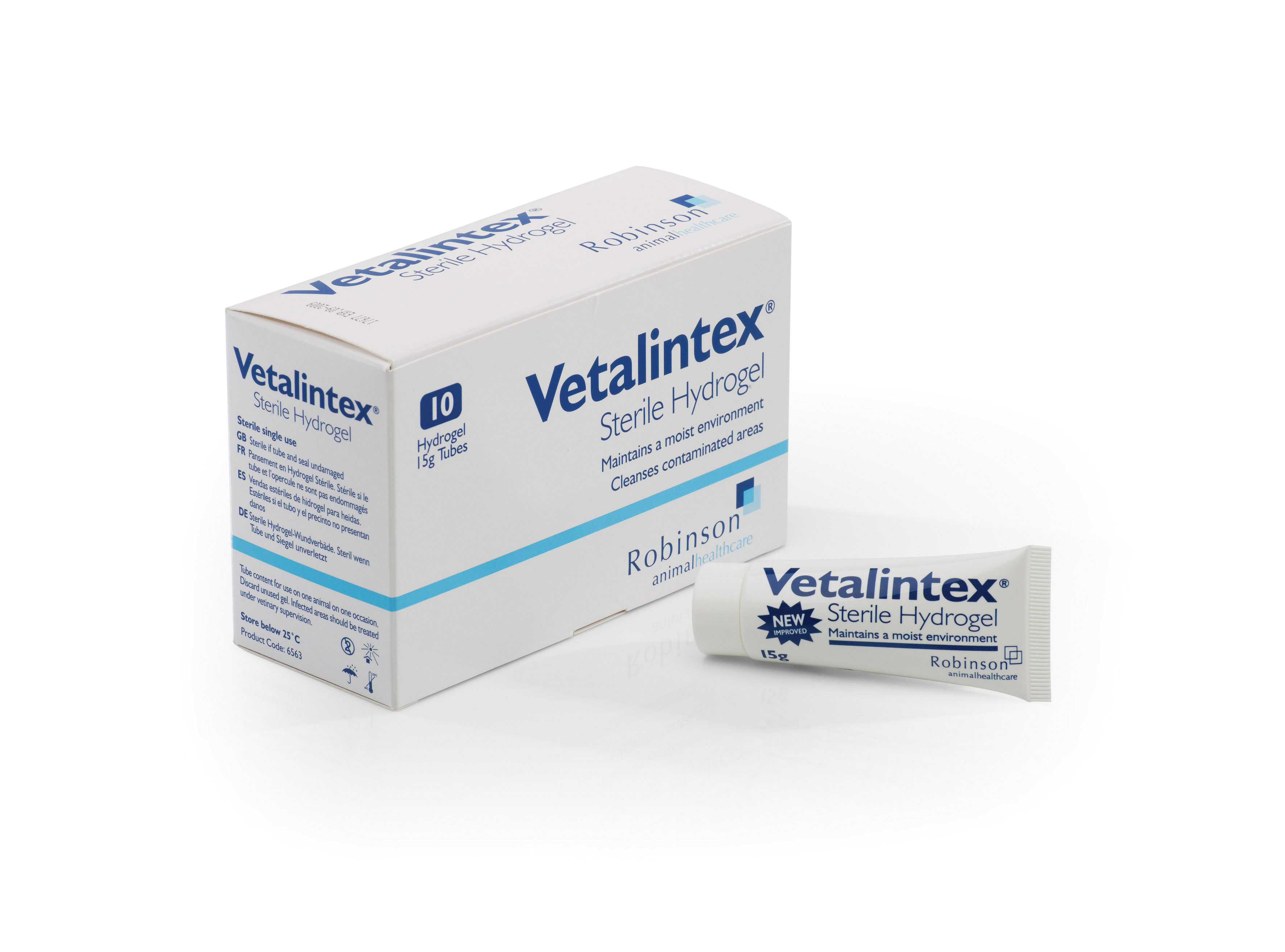Posted: 6th February 2020 | Back to news feed

One of the major factors in delaying wound healing is the onset of infection and once an infection becomes established it can be a long and costly road to recovery. The time between an injury occurring and receiving treatment is critical as infection can take hold in as little as six hours, even in what looks like a relatively minor wound.

When treating a wound, it is vital to ensure that all wound care products are sterile to avoid contamination in the process of dressing, especially as they will come into direct contact with the wound. Every first aid kit should contain wound dressings such as Skintact® from Robinson Animal Healthcare, which is available in a range of different sizes that are presented in sterile packaging.

The size of the dressing should fit the size of the wound to avoid having to cut down to size, as any unnecessary handling could contaminate the dressing, increasing the risk of infection.
Wounds are able to heal quicker in a moisture controlled environment as the new epithelial cells can move around more easily, allowing the damaged tissue to repair, leading to faster healing.
Wound hydrogels can both donate moisture and absorb excess exudate providing a more controlled wound environment. They also act by gently debriding wounds and rehydrating necrotic tissue which will then be removed from the wound surface.
Vetalintex® from Robinson Animal Healthcare is presented sterile in 15g tubes for optimum infection control and should be applied liberally before applying an appropriate secondary dressing such as Skintact®.

It is also important to regularly check the expiry date on sterile products and discard and replace those that have expired. While the product inside could still be perfectly useable, the sterile barrier within the package may have deteriorated.
Complications of Delayed Healing
There are a number of reasons why wound healing could be delayed, including reduced blood supply to the wound site, excessive movement preventing the wound from knitting together and poor general health.
A wound that is slow to heal can lead to further complications, which is another good reason why you should adhere to correct procedures when treating a wound initially.
For a wound to heal, new granulated tissue needs to form but sometimes this can take a long time if the wound environment is not optimal for wound healing, resulting in exuberant granulation or ‘proud flesh’.
By taking steps to minimise infection, healthy skin cells will have the best chance of developing for rapid wound healing.
If infection is allowed to take hold, particularly in the case of a puncture wound, this can lead to much more serious complications as the infection can potentially spread to the bones or joints which can be difficult to treat.
Any form of complication that delays the healing of a wound can have serious implications on the period of time spent out of work and the veterinary bills can soon spiral when a minor wound that should take a few weeks to heal turns into months of rehabilitation.
Robinson Animal Healthcare has a wide range of products for all your first aid requirements.
For more information contact Robinson Animal Healthcare on 01909 735000 or visit www.robinsonanimalhealthcare.com
The Equestrian Index newsfeed is compiled from articles submitted by advertising members and expresses the opinions of those members. Watsons Directories Ltd shall not be held liable for any inaccuracies or mis-statements therein.